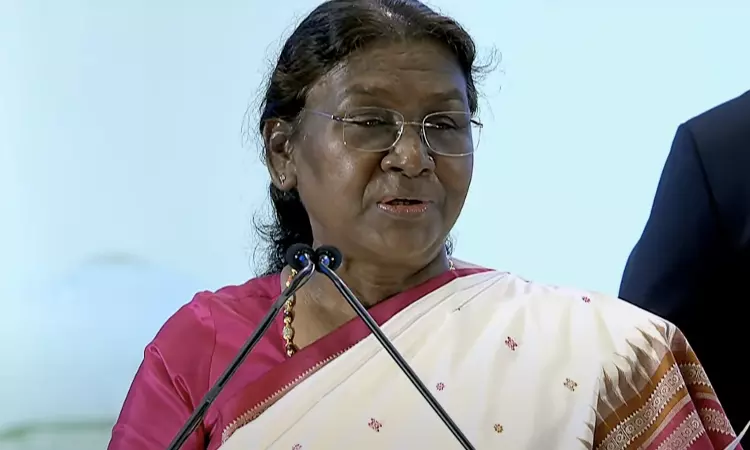Culture Of Adjournment Painful To Poor Litigants : President Droupadi Murmu Raises Concerns About Judicial Delays
Gursimran Kaur Bakshi
1 Sept 2024 9:09 PM IST

If someone gets justice after decades, there would hardly be any happiness left in that person, she said.
Next Story


